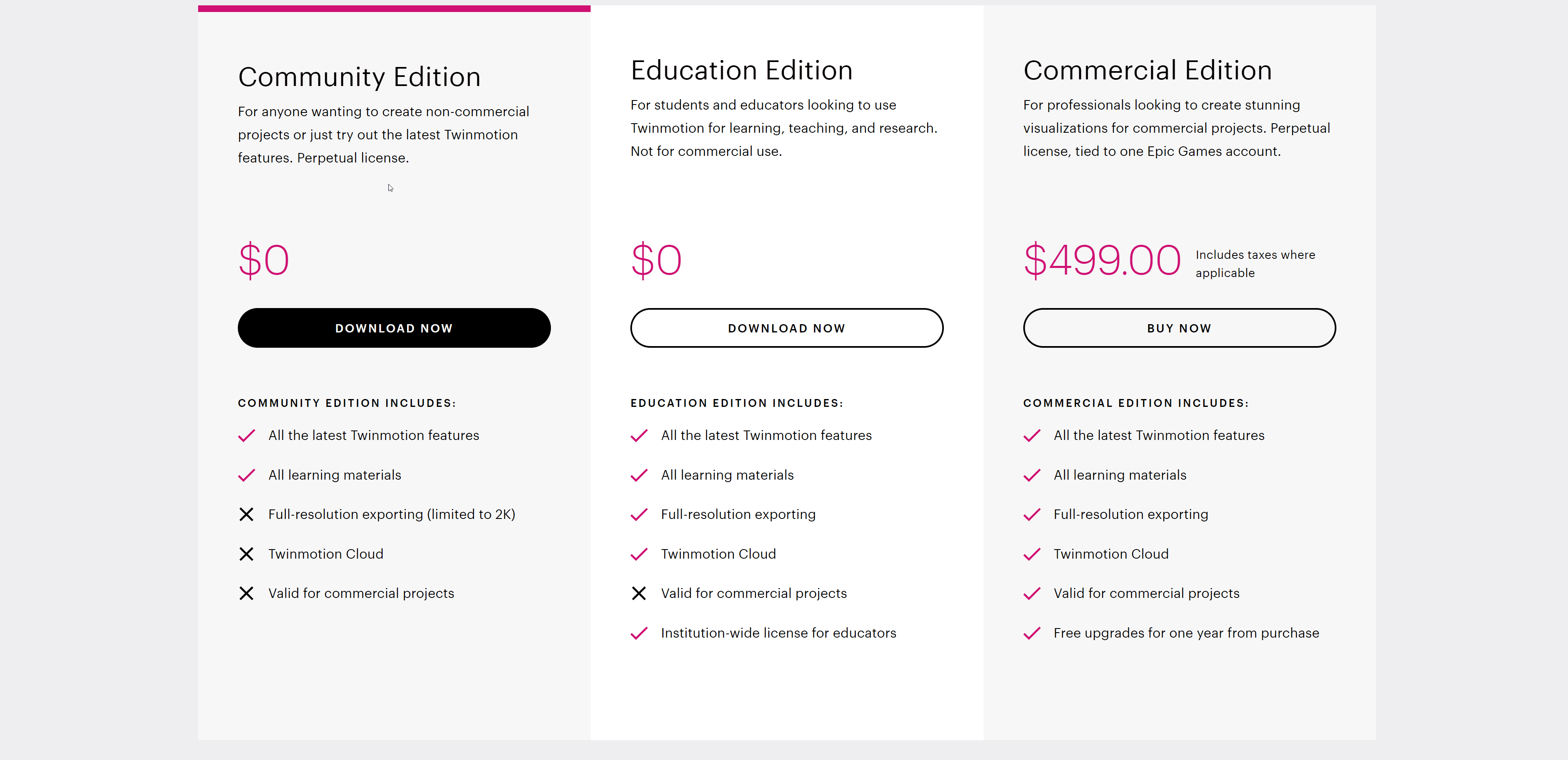Epic has been making a few money based headlines lately. Last week, it was announced that they were laying off roughly 900 employees across various departments. This was a huge shock as Epic was seen as a juggernaut with a massive cash flow. They have been on a buying spree in recent years, purchasing companies such as Quixel, Bandcamp, Artstation, Sketchfab, Capturing Reality, and more.
During Tim Sweeny’s talk at Unreal Fest 2023, he announced that sometime in 2024, Unreal Engine will be moving to a subscription-based model instead of being a free tool as it is now. There is still very little information to go on, but Tim did mention some interesting tidbits that give us a glimpse into what is to come.

For users developing games, there will be no change. Games will still be charged through royalties as they are now. Whether or not the percentage of sales or the threshold before Epic starts collecting fees changes in the future is still unknown. The only users this will affect are those using the engine for non-game work, such as Virtual Production, Architecture, VFX, etc.
These are rapidly growing sections of Unreal’s users, and Epic has been putting a lot of time and effort into making new tools to satisfy these new workflows. However, because Epic only collects royalties on games sold, these users do not need to pay anything to Epic. Of course, being free is a major draw for these users to jump into Unreal Engine.
It is still unclear exactly how much Epic will charge for Unreal Engine for non-game developers, but Tim did cite Photoshop and Maya as examples of how much it might cost. This puts it somewhere between $20-$200 per month. We also don’t know if there will be tiers for hobbyists, indie, professional, etc., as is common among this type of software.
Another big question is how will this be implemented. How will Epic know if you use the engine to make a game and therefore, you can begin using it for free or are using it for VFX and need to subscribe to use it? There are a few ways I see this playing out. Either it’s an honor system, but if you don’t subscribe, you don’t get access to the support. A more likely scenario is that specific tools for virtual production, ArchViz, etc will be locked behind a paywall. So, if you do not have an active subscription, you won’t be able to access those features. A third option is that these features are split off into their own custom versions of Unreal, much like Twinmotion is now. Twinmotion is a highly customized version of Unreal Engine specifically for architecture and product visualization. Twinmotion also has multiple price points, from free to $500, with varying amounts of features. So Epic does have some experience with this sort of pricing model.

Another side effect of this new pricing model is that this may signal other companies to begin competing with Epic for these specific, non-game workflows. There are many companies in the 3D/VFX space that I’m sure would love to take a bigger bite out of these newer workflows, but it is hard to compete with a free piece of software. Now that virtual production is becoming more and more stable, studios are willing to pay for whatever software will allow them to get the best results for their projects. Unreal has always struggled with being a game engine first and foremost. New updates always targeted gamedev first, with virtual production features appearing later. If a company could make an engine specifically tailored to virtual production, but leave out all the game dev features to make it more lightweight, many studios would be very interested in that. With Unreal no longer being free, that company would have a much better chance of being able to compete.
There are still a lot of unknowns when it comes to what will happen when Epic introduces this new pricing structure. Users have some mixed feelings about this change. Many in these industries are used to software with subscription fees, and now that they have developed workflows in Unreal, they are willing to pay for additional features and support. The big hesitation is how much it will cost, and what other features that charge will bring. Epic is facing both a lot of potential and a lot of risks by making this move. We’ll have to wait and see how this is accepted by the community, and if more competition arrises.
